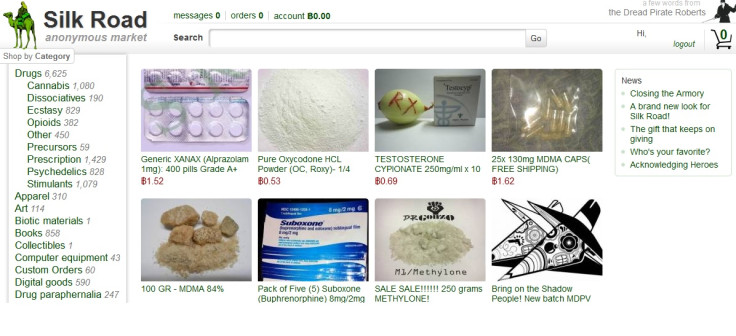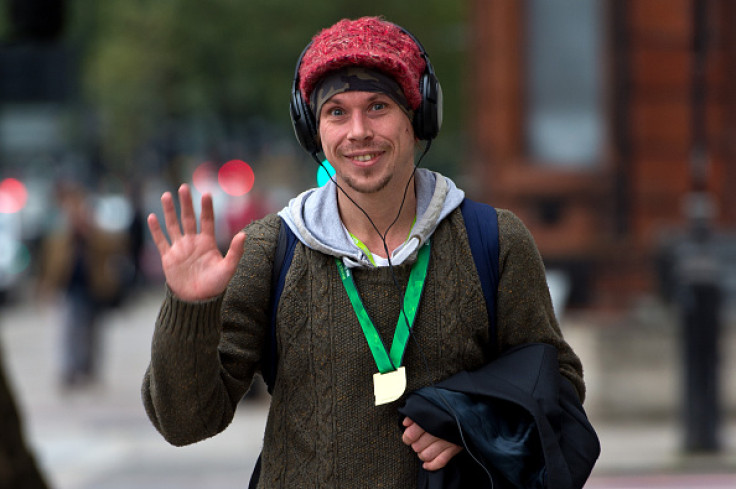UN: Dark Web revolutionising drug trafficking by making illegal narcotics much more accessible
UN wants tighter control over anonymous online markets on the Dark Web to prevent drug trafficking.

The United Nations (UN) is deeply concerned about the Dark Web and how anonymous online markets are attracting more users by making it much easier for people to access illegal drugs, while at the same time managing to avoid having direct contact with both criminals and law enforcement.
The UN has included a section on the Dark Web for the first time in its 2016 annual world drug report and is calling for better technological and legislative methods in order to curb online drug trafficking, as it believes that authorities in many countries face a frustrating whack-a-mole situation where as soon as one marketplace closes, several more pop up.
The Dark Web is a section of the internet not discoverable by conventional means, such as through a Google search or by directly entering a website URL. As the websites are hidden, they are perfect for cybercriminals, who list thousands of goods and services for sale on secret underground marketplaces such as Silk Road or Agora, including narcotics, chemicals, firearms and counterfeit goods, in addition to adverts for services such as hacking, gambling and sports betting.
Many people who access websites on the Dark Web also use the Tor network (named after The Onion Router project) to disguise web traffic to and from the sites, so that authorities, spy agencies and other interested parties cannot tell who has accessed the secret websites any more than they can discover where their servers are located.
"Law enforcement and the criminal justice system in many countries are still not in a position to deal effectively with the anonymous online marketplace known as the 'Dark Net'," the UN concluded in its report.
"Apart from practical problems, there are a number of other difficult legal issues that need to be addressed, including: the identification of the responsible jurisdiction, combined with the routine international sharing of information, especially when the physical location of sellers and buyers is unknown."
UN wants suspects to be forced to hand over their passwords

The report also highlights the need for more undercover agents online and offline to infiltrate underground marketplaces on the Dark Web in order to gather evidence and undermine the criminal business model.
The UN is also calling nations to develop and implement harsher legislation that would require all suspects to reveal passwords or decryption information for their personal devices when they are charged with an offence, in order to help curb illicit drug trafficking on the Dark Web.
This is interesting because the UN has always been a key proponent for human rights relating to online and digital privacy – to the end that it declared internet privacy to be a human right in 2013, passed the "Resolution on the right to privacy in the digital age" in 2014 and appointed a Special Rapporteur to promote and protect this right in 2015.
The issue over encryption and the privacy of suspects has become more prominent in 2016. British hacker Lauri Love is currently engaged in a legal battle with the UK's National Crime Agency (NCA) for the return of his devices – two laptops, a computer tower, an SD card and a hard drive – which were seized in 2013. Love is fighting extradition to the US for allegedly hacking into the networks of Nasa, the US Army and the Federal Reserve, but the NCA says it will not return the devices until Love has provided them with his passwords and encryption keys.
In the US, a similar case is ongoing where a former Philadelphia police sergeant suspected of possessing child pornography is currently sitting in federal prison indefinitely until he agrees to unlock two hard drives that allegedly contain the illegal porn.
© Copyright IBTimes 2024. All rights reserved.






